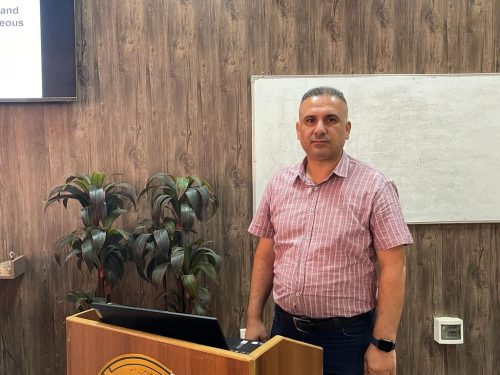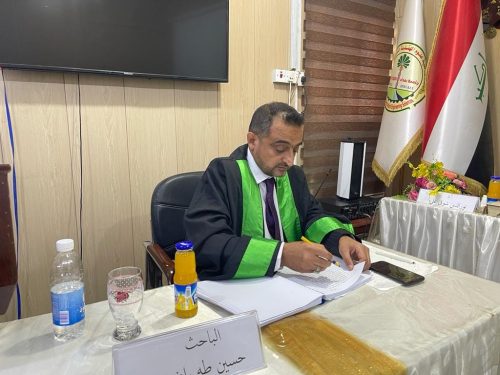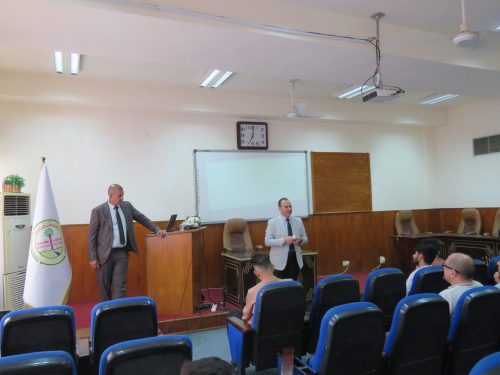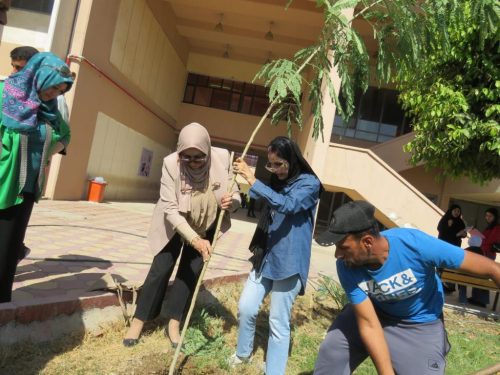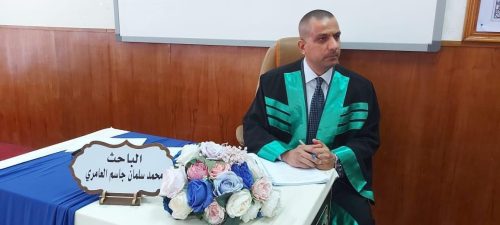A collaborative scientific effort between the Department of Food Science, College of Agricultural Engineering Sciences, University of Baghdad, represented by student Malath Sabah Hawshi and Dr. Raqeeba Ali Jeejan, and the Ministry of Agriculture – Plant Protection Directorate, represented by Dr. Ahmed Karim Abdulrazzaq, has resulted in the successful cultivation of the sixth local wild strain of the native medicinal Lion’s Mane mushroom (Hericium erinaceus). This achievement is part of a collection of recently discovered local medicinal food fungi in Iraq, gathered from Baghdad province over the past eight years.
Despite significant challenges in stabilizing optimal growth conditions within the Iraqi environment, this mushroom was cultivated for the first time in Iraq using a variety of agricultural residues.
The resulting fruiting bodies underwent scientific experiments to study their potential use as dietary supplements. Their biological effects were tested for the first time on rats with alloxan-induced diabetes, paving the way for future medical and nutritional applications of this unique strain.
_______________________________________





